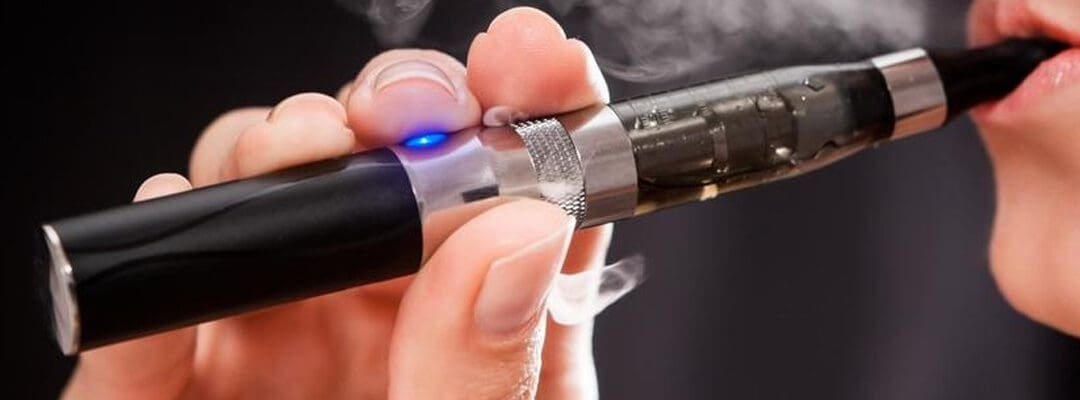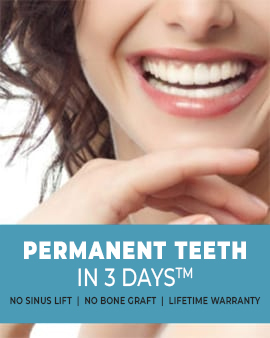People can now smoke whenever they want, since vaping is less dangerous than smoking, right?
A lot of young people think that vaping is a risk-free alternative to smoking, so they have started to follow this trend. In 2017, 11.7% of high school kids said they used electronic cigarettes. [Needs citation] In 2019, just one more year later, that number had gone up to 27.5%. Even 10.5% of middle schoolers used electronic cigarettes in 2019.
The global market for electronic cigarettes was thought to be worth $15.04 billion in 2020, and it is expected to grow at a staggering rate of 28.1% per year until 2028. But “safer” doesn’t always mean “risk-free.” Even though vaping is better than smoking cigarettes, when you do it, you’re just switching one poison for another. We should talk.
What is Vaping?
Vaping, which is also called “e-smoking,” is a way to smoke that is advertised as being better than cigarettes. E-juice, which can have flavorings, nicotine, and sometimes even weed, is turned into a vapor by heating a metal coil. The user then inhales the vapor. The smoke can also be inhaled straight from the coil.
Even though vaping may leave a slight smell, it doesn’t smell like smoking regular cigarettes. Also, the way electronic cigarettes are marketed makes you think that all they do is give off harmless water vapor.
But the idea that you are taking in a “vapor,” which might make you think it is safe, is not true. The thing you are breathing in is more of a mist, like what you would get from a can of hairspray or bug spray. And just like secondhand cigarette smoke, secondhand spray can be bad for the people around you.
Effects of Nicotine on Health
Even the ones that say “nicotine-free” contain nicotine in most of their drinks. The affects of this substance on your heart and blood vessels could be life-threatening. This condition can make your blood pressure go through the roof, but it can also make your heart beat faster and narrow your blood vessels. It could also cause the walls of the arteries to harden, which could make a heart attack more likely.
It’s important to know that, technically speaking, electronic cigarettes have less nicotine in them than regular cigarettes do. On the other hand, people tend to take in more when they use a vape pen because it is easier and more comfortable to puff away for a much longer time.
Common Oral Conditions Caused By Vaping
What kinds of things can smoking do to your teeth? Vaping has the potential to cause or make worse a number of common teeth problems. It also has the potential to cause or make worse the bad effects that nicotine has on your heart.
- Cavities
- Tooth Sensitivity
- Receding Gums
- Dry Mouth
- Bad Breath (Halitosis)
- Bruxism
- Gum Disease
- Periodontal Disease
- Tooth Loss
There are many different germs and bacteria in a person’s mouth, and everyone has the same amount of them. Some of it is good for you because it helps keep your teeth and gums healthy and strong. On the other hand, some of it is bad for you and can cause bad things to happen, like cavities and gum disease. The microbiome is the name for this collection of both helpful and harmful germs.
It’s interesting that people who vape have a microbiome that is similar to people with gum disease, even though vapers don’t show any obvious signs of gum disease.
This study also found that 43% of people who vape have tooth infections or periodontal disease, but only 28% of people who don’t smoke have this problem. Even so, 73% of smokers were worried about their dental health, so vaping is certainly a better choice than smoking.
Also, the tobacco can make your mouth make less saliva. Dry mouth is not something that usually happens to young people, but it does happen a lot to young people who use electronic cigarettes. Plaque can build up faster when there isn’t enough saliva to wash it away. This sticky substance gives pathogenic bacteria in your mouth a nice place to live and grow. This, in turn, makes the number of people with mouth sores, cavities, and other oral health problems go up.
The nicotine in electronic cigarettes also stimulates the muscles, which can cause teeth grinding or make it worse if you already do it. Many people grind their teeth at night, and some of them might not even know that they have a problem. On the other hand, pain in the jaw when you wake up and damage to your teeth are also good signs.
Simply put, it won’t be easy to find a dentist who agrees that vaping is a good idea. Most dentists don’t like it when people do this.
Using Tobacco & Yellow Teeth Are Linked
One good thing about vaping instead of smoking regular cigarettes is that the mist made by electronic cigarettes doesn’t contain smoke or tar. These are the main things that cause your teeth to turn black when you smoke, which is not a good thing.
Nicotine, which makes up most of e-juice, can also make the liquid look yellow, but usually not enough to make a big difference. Some sweetened e-juices have dyes or flavorings that could make your teeth look darker over time if you use them often.
If you take care of your teeth and have a good oral hygiene routine, on the other hand, you shouldn’t have to worry too much about vaping making your teeth yellow or change color. If you think your teeth could use a little whitening, bring it up with your dentist at your next visit.
E-Cigarettes & Oral Cancer
At this point, almost everyone knows that smoking regular cigarettes makes you more likely to get lung cancer. When electronic cigarettes first started to become popular, they were often sold to users as a way to help them stop smoking. Unfortunately, it’s becoming more and more clear that vaping has its own set of cancer risks.
Mice were exposed to the smoke from electronic cigarettes for a whole year in one experiment. After that time, it was found that these mice had a higher rate of bladder changes that could lead to cancer and a higher rate of lung cancer.
Also, using e-cigarettes and other ways to vape has been linked to a type of lung disease that hasn’t been known before. The problem hurts the lungs so much that it has been called “E-Cigarette or Vaping Use-Associated Lung Injury” (EVALI).
But What About Oral Cancer?
Because vaping is still fairly new, it is hard to know what long-term effects it will have on mouth cancer. But there are a number of things that make me worry about safety. Some of the cancer-causing chemicals found in electronic cigarettes are formaldehyde, nitrosamines, and acetaldehyde.
When someone vapes, the heavy metals used in the heating coil become aerosolized and are then ingested. When these metals are in your mouth for a long time, they can cause periodontal disease, inflammation, mouth cancer, and even dementia. Also, the fumes from some electronic cigarettes can damage the DNA, which can lead to cancer in the long run.
Tobacco Use & Periodontal Disease
Dentists say that people over 50 are more likely to have periodontal disease than people under 50. Periodontal disease takes time to show up, so keeping up with good oral hygiene can be a good way to avoid it.
Dentists, on the other hand, say they are seeing more cases of periodontal disease in younger people because vaping is becoming more common. When younger patients come in with gum disease, dry mouth, or mouth sores, vaping is often to blame. This is especially true for people who use e-cigarettes.
E-liquids contain nicotine, which narrows the blood arteries that bring nutrients to your gums and teeth. It also helps to weaken the enamel on your teeth, making it easier for the bacteria in your mouth to start eating away at your teeth and giving you cavities. This makes it more possible that your teeth will get cavities.
Over time, your swollen and damaged gums may get to a point where they can’t support your teeth as well as they should. If you don’t get treatment, it’s possible that you’ll lose your teeth.
Should You Quit Vaping
If you’ve been asking yourself, “Why should I quit vaping?” we hope you now understand the risks to your tooth health. The way vaping goods are marketed, you might think that electronic cigarettes are better for you than regular cigarettes. Even though this is true, users should know that safer does not always mean safe and that electronic cigarettes have their own risks.
Visit Your Dentist More Frequently
If you decide to vape, you should know that it could hurt your teeth. You will need to pay more attention and care when you brush and floss your teeth at least twice a day and do any other normal dental hygiene practices.
Also, you should go to the doctor more often than the recommended twice a year. Common oral problems like cavities and gum disease can have less harmful effects or even go away completely if they are handled quickly by a dentist.

Dr. Motiwala in International Press
To access the article, kindly click the logo of the NEWS website below.
 |
 |
 |
Don’t Wait, Contact Us Now!
Dial +91 99596 14584 to speak with Dr. Motiwala Dental Clinic & Implant Center about your treatment choices and avoid paying any sinus lift costs in India. Contact us using the form on our CONTACT US page, and we’ll get back to you as soon as we can with the information you require.






